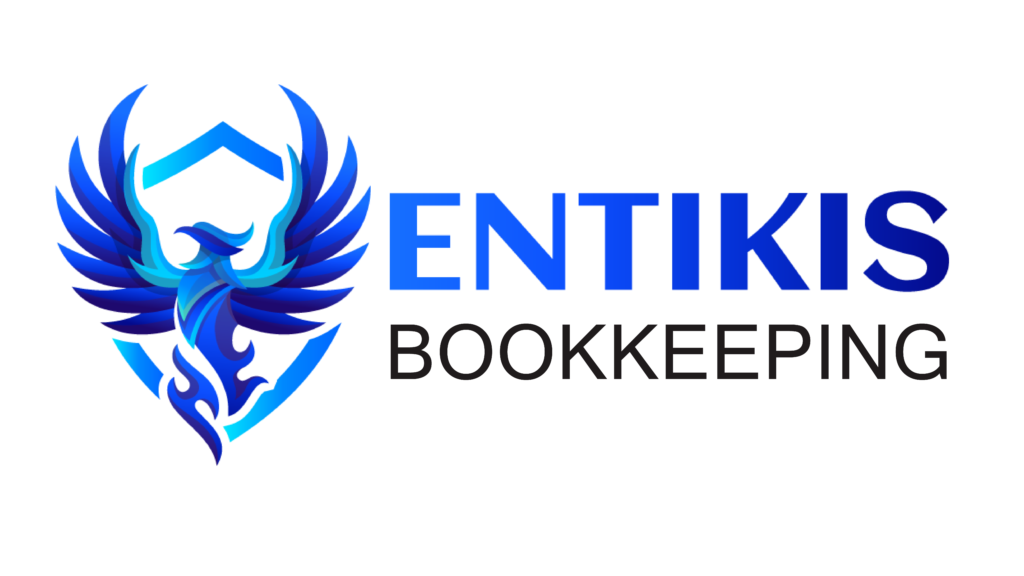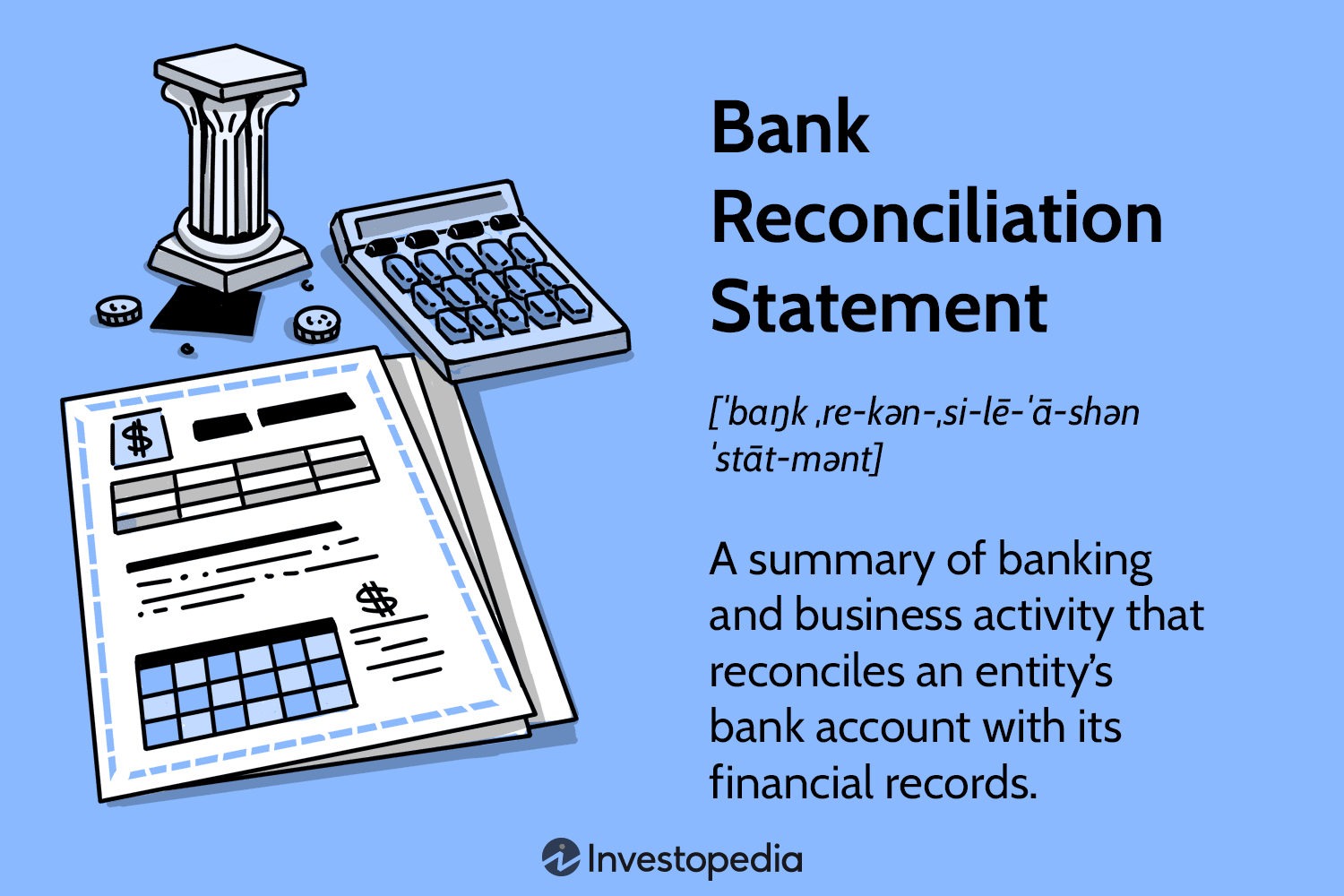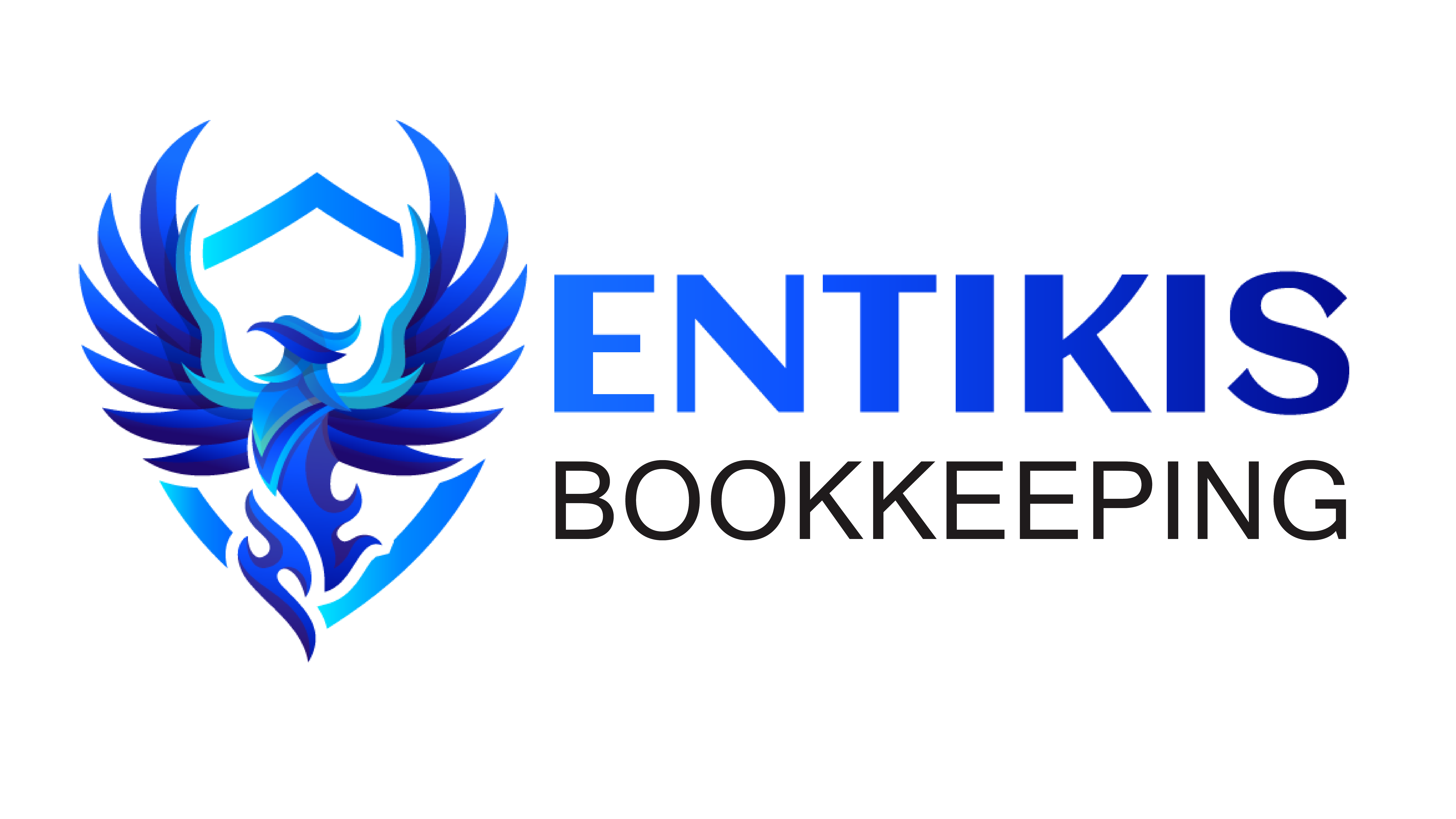Freelance bookkeeping work has turned out to be imperative in 2025, as agencies seek agility, price efficiency, and expert financial control without the overhead of in-house teams. By attracting freelance bookkeepers, companies can leverage superior cloud-based tools, real-time analytics, and specialized compliance knowledge. This method helps scalability, increases guarantees of correct statistics for strategic decisions, and keeps financial operations up to date with evolving tax laws and reporting standards.
Below is a brief biographical table showcasing three top freelance bookkeepers active in 2025 and their core specialties:
| Name | Years of Experience | Specialty |
| Alex Martinez | 7 | Bank Reconciliations & AI-Driven Reporting |
| Priya Desai | 10 | Digital Tax Compliance & Audit Support |
| Jordan Lee | 5 | Cloud-Based Bookkeeping Systems & Dashboards |
Understanding Freelance Bookkeeping Work
Freelance bookkeeping work in 2025 extends far beyond manual data entry. Today’s freelance bookkeepers act as strategic companions, leveraging automation, AI-powered anomaly detection, and predictive analytics to keep accurate ledgers. They suggest that customers focus on flow optimization, finance forecasting, and expense control, allowing commercial enterprise leaders to focus on growth initiatives.
Core Elements of Freelance Bookkeeping Work
Freelance bookkeeping work encompasses a broad range of services:
- Transaction Recording: Daily logging of sales, expenses, payroll entries, and vendor invoices into cloud platforms like QuickBooks Online Advanced or Xero HQ.
- Reconciliation & Verification: Weekly bank and credit card reconciliations using automated matching rules, with discrepancies flagged by AI for prompt investigation.
- Accounts Payable & Receivable Management: Drafting and sending digital invoices, automating payment reminders, reconciling collections, and scheduling supplier payments.
- Payroll Coordination: Integration with payroll services such as Gusto or Rippling for benefits administration, tax withholding, quarterly filings, and end-of-year W-2 or 1099 issuing.
- Regulatory Compliance: Monitoring adjustments in federal, kingdom, and worldwide tax policies, which include international VAT, digital provider taxes, or mandatory e-invoicing.
- Financial Reporting: Generating tailored earnings & loss statements, balance sheets, and Coins Glide reviews on a monthly, quarterly, and annual basis.
Contextual Expertise
Freelance bookkeepers often specialize by industry or business model. For instance, a bookkeeper working with multiple e-commerce clients will focus on payment gateways, inventory cost accounting, and sales tax across jurisdictions. Conversely, a freelancer serving professional services firms might concentrate on time-based billing, project profitability analysis, and milestone-based revenue recognition.
Emerging Innovations in Freelance Bookkeeping Work
AI and Machine Learning
- Automated Categorization: Machine learning algorithms classify transactions based on historical patterns, reducing manual coding by 70–80%.
- Anomaly Detection: AI flags irregularities, such as duplicate invoices, unusual vendor payments, or potential fraud, in real time.
- Predictive Cash Flow Modeling: Advanced models forecast cash inflows and outflows over a 3–12 month horizon, enabling proactive financial planning.
Blockchain and Distributed Ledgers
Pilot projects are using blockchain solutions to timestamp transactions, ensuring immutability and transparent audit trails. Some freelance bookkeepers They now offer blockchain-based verification services that are appealing to crypto startups and high-risk industries.
Collaborative Cloud Ecosystems
Secure document portals (e.g., Hubdoc, Dext) empower clients to snap and upload receipts via mobile, while APIs connect accounting platforms to CRM systems, payment processors (Stripe, Square), and inventory management tools. This integrated ecosystem accelerates data syncing and minimizes errors.
Key Responsibilities in Freelance Bookkeeping Work
Daily, Weekly, and Monthly Workflow
Freelance bookkeeping work thrives on disciplined schedules.
| Frequency | Task |
| Daily | Record receipts, sales entries, and expenses |
| Weekly | Reconcile bank, credit card, and merchant accounts |
| Biweekly | Process payroll runs and file payroll taxes |
| Monthly | Produce financial statements and variance reports |
| Quarterly | Review budgets, update forecasts, and file estimated taxes |
| Annually | Conduct year-end closing, prepare audit binders, and assist with tax filings |
Adherence to this cadence ensures up-to-date ledgers and timely insights.
Compliance and Audit Support
People frequently hire freelance bookkeepers for specialized projects.
- Year-End Closing Procedures: Adjusting entries for depreciation, amortization, and inventory obsolescence.
- Tax Preparation Collaboration: Assembling schedules for Forms 1065, 1120S, or Schedule C alongside CPAs.
- Internal Controls Documentation: Designing workflows, approval matrices, and segregation of duties to meet SOX or industry-specific standards.
- Audit Liaison: Providing workpapers, trial balances, and supporting documentation to external auditors.
Essential Tools for Freelance Bookkeeping Work
Selecting the right tech stack is crucial. Leading platforms in 2025 include
| Software | Key Features | 2025 Pricing |
| QuickBooks Online Advanced | Automated bank rules, custom reports, and AI insights | $75/month |
| Xero HQ | Unlimited users, multi-entity consolidations | $40/month |
| FreshBooks Select | Client portals, project time & expense tracking | $50/month |
| Bookkeeper | Managed AI bookkeeping with human oversight | $200+/month |
| Dext / Hubdoc | Receipt scanning, OCR, document management | $20–30/month |
Integration Considerations
Freelance bookkeepers evaluate multi-currency capabilities, API access for CRM and inventory systems, mobile app quality, dashboard customization, and compliance with data privacy regulations (GDPR, CCPA).
Best Practices for Streamlined Financial Records
Document Retention and Management
A robust retention policy balances compliance, cost, and accessibility:
| Document Type | Retention Period | Storage Method |
| Tax Returns & Backups | 7 years | Encrypted cloud archive |
| Payroll Registers | 4 years | Secure HRIS integrations |
| Invoices & Receipts | 5 years | Automated capture (OCR) |
| Bank Statements | 3 years | Accounting platform archive |
Implementation Steps:
- Classify documents by regulatory requirements and business risk.
- Automate archival workflows using DMS and tagging rules.
- Schedule secure purges for expired records, with audit logs for deletions.
Consistent Reconciliation
Regular reconciliation prevents errors from accumulating.
- Bank & Credit Accounts: Match all transactions monthly, investigating outstanding items.
- Inventory & COGS: Reconcile physical stock counts with system ledgers.
- Intercompany Transactions: Clear intercompany balances within set periods to avoid stale entries.
Data Hygiene and Cleanup
Maintaining clean ledgers requires periodic housekeeping:
- Misclassified Entries: Review automated categories quarterly, adjusting rules as needed.
- Old Receivables & Payables: Follow up on aged items; write off bad debts per policy.
- Chart of Accounts Review: Streamline account structures to eliminate redundancies.
Automation and Reporting
Automation drives efficiency in freelance bookkeeping work:
- Auto-Posting Rules: Define vendor rules for recurring payments and categorize them automatically.
- Scheduled Reports: Set up automated distribution of P&L, cash flow, and KPI dashboards to stakeholders.
- Alert Triggers: Configure notifications for negative bank balances, budget overruns, or payment delays.
Case Study: SaaS Startup Growth
Client Profile: SaaS business with $2M annual recurring revenue (ARR), 15 employees, and complex subscription billing.
Challenges
- Month-end close took 12 days.
- There is a high error rate in deferred revenue calculations.
- Limited visibility into churn impact on cash flow.
Freelance Bookkeeping Solution
- Platform Migration: Transitioned from desktop software to QuickBooks Online Advanced.
- Automation Setup: Implemented bank feeds, recurring invoice rules, and automated deferred revenue schedules.
- Dashboard Creation: Built custom dashboards showing key SaaS metrics—MRR, ARR, churn, and CAC payback.
Outcomes
- Month-end close has been reduced to 3 days.
- The transaction error rate dropped by 85%.
- Forecast accuracy improved; cash runway projections extended by 20%.
- ROI achieved in under four months, with 30% cost savings versus an in-house hire.
Hiring and Managing Freelance Bookkeeping Work
Sourcing Qualified Professionals
- Certifications & Credentials: CPAs, QuickBooks ProAdvisors, Xero Certified Advisors.
- Freelance Marketplaces: Upwork, Fiverr Business, and Bookkeeper360 with vetted reviews and portfolios.
- Professional Networks: AICPA forums, LinkedIn groups, and local accounting associations.
Vetting and Onboarding
- Technical Assessments: Sample bookkeeping tasks with chosen platforms.
- Reference Checks: Speak with previous clients to gauge reliability and communication.
- Onboarding Package: Define access rights, NDAs, preferred communication channels, and reporting cadence.
Structuring Engagements
- Scope Definition: Clearly outline activities, deliverables, career degrees, and time limits.
- Pricing Models: Hourly charges ($30–$75/hr), flat monthly retainers ($500–$2,000), or undertaking-based costs.
- Communication Plan: weekly fame updates, month-to-month assessment conferences, and emergency reaction protocols.
Measuring Impact and Ensuring Quality
Key Performance Indicators (KPIs)
| KPI | 2025 Target Benchmark |
| Monthly Close Cycle | ≤ 5 business days |
| Transaction Accuracy Rate | ≥ 99.5% |
| Days Sales Outstanding | ≤ 30 days |
| Cost Efficiency | 20–30% savings vs. in-house |
| Client Satisfaction | ≥ 4.5 out of 5 rating |
Continuous Improvement
- Quarterly Performance Reviews: Evaluate KPIs, customer comments, and method gaps.
- Tool Upgrades: Incorporate new AI modules, integrate additional APIs, and test beta features.
- Training Investments: Enroll bookkeepers in ongoing courses for regulatory updates and software certifications.
Benefits of Freelance Bookkeeping Work
Freelance bookkeeping work provides flexible, on-demand expertise without the costs associated with full-time payroll. Receive two-factor Businesses gain access to specialists trained in the latest cloud platforms, AI‑driven reconciliations, and real‑time reporting. This scalability helps you to ramp services up or down as transaction volumes shift, optimizing cash flow and operational budgets.
Outsourcing routine tasks, like rate categorization, financial institution reconciliation, and payroll coordination, frees internal groups to focus on strategy and boom. With constructed‑in compliance monitoring, you reduce audit risk and live cutting edge of evolving tax legal guidelines. Ultimately, freelance bookkeeping work offers precision, efficiency, and the agility modern companies need.
Best Practices for Freelance Bookkeeping Work
Successful freelance bookkeeping work hinges on clear communication, robust processes, and the right tools. Begin by defining scope, deliverables, and timelines in a written agreement. Use secure portals for document sharing and two-factor authentication on all accounts. Implement automated bank rules and AI-powered anomaly detection to catch discrepancies early.
Schedule regular reconciliation cycles—daily for high-volume accounts and weekly for others—and conduct quarterly policy reviews. Maintain a documented record retention schedule aligned with regulations. Finally, hold monthly review meetings to discuss KPIs, workflow improvements, and evolving business needs.
Future Trends in Freelance Bookkeeping Work
- ESG & Sustainability Metrics: Integration of environmental and social governance data into financial reporting.
- Decentralized Finance (DeFi) Advisory: Guidance on integrating DeFi protocols for treasury management and yield optimization.
- Cybersecurity Emphasis: Implementing zero-trust access, end-to-end encryption, and secure backup strategies.
- Global Compliance Solutions: Handling VAT, GST, and digital tax requirements in over 50 jurisdictions through specialized networks.
- Virtual CFO Services: Bundling bookkeeping with strategic advisory, cash flow forecasting, and growth planning.
Freelance bookkeeping work in 2025 is a dynamic combo of technology, understanding, and strategic insight. By partnering with successful freelancers, businesses gain accurate, well-timed monetary facts, scalable services, and significant insights, all while reaching cost efficiencies. This empowers leaders to make information-driven choices, navigate complicated compliance landscapes, and recognize accelerating increase tasks.





